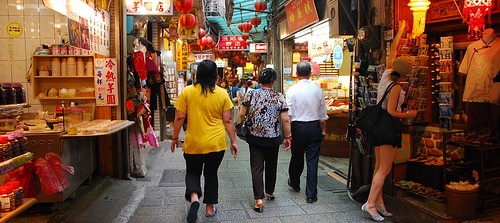Author: rttglobal
Important Information Before you Travel
It’s about that time of the year again! Time for a new semester to start and teachers to fly off to various locations around the world– how exciting! But wait, before you take off, There may be a few things for you to consider.
Transportation in Taipei
One of the best parts about living in different areas of the world is getting to experience the lay of the land. Each country has it’s own geography that dictates how people are able to commute. As we inhabit different places around the world we mold our surroundings to fit our needs.
A Trip to the Chinese Medicinal Doctor
It’s bound to happen– over the course of the year you spend abroad, you will either get hurt or sick. A trip to the doctor overseas is different enough, but how about a traditional Chinese medicinal doctor?
Christmas in Taipei – What To Do and What To See!
The end of 2015 is fast-approaching, which means the holiday season is upon us. Expats are getting that warm, fuzzy Christmas feeling inside and memories of running down to the Christmas tree on the morning of the 25th are beginning to materialize; however, for the locals, life continues on as normal on Christmas day.
Why be an ESL Teacher?
I have asked a handful of ESL teachers why they wanted to be an ESL teacher and many locals ask the teachers why they decided to do so as well. The answers vary, some very practical, some spiritual, some wanderlust– a common thread tends to tie them together.
Cultural Differences that Affect the Classroom in Taiwan
As teachers, all of us bring something of ourselves to the classroom, which comes from our socio-economic, cultural, education, and familial backgrounds. These experiences that we bring can create amazingly positive effects in the classroom and can, at times, create tension as well. In this article, I will detail a couple of the cultural differences between Western teaching styles and styles I have seen in Taiwan.
Guide to Jiufen
Jiufen is probably my most favorite travel location in Taiwan. The location inspired the setting to one of my favorite movies, ‘Spirited Away’. If you were like me, you thought this location must be some exotic Chinese or Japanese location– absolutely not! Taiwan has some of the best-hidden gems for travel!
Teaching in the Immersion Environment
When we were babies we learned through the constant exposure to language and environment. How many times do you think our parents said “mama” or “daddy” to us before we finally said something? Just because our students are older than babies doesn’t mean the same principles don’t apply. Teaching in an immersion environment is actually proven to be the MOST effective means of language education.











